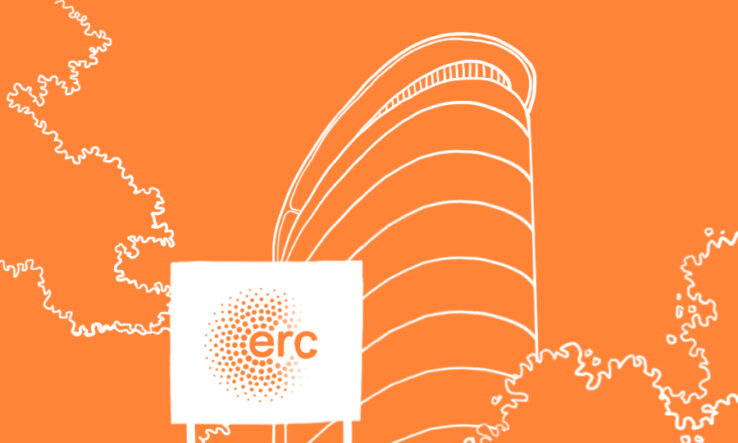
EU funder is hopeful pilot will reduce administrative work for researchers without hampering their ambition
The European Research Council has set out how it will use lump-sum funding in its upcoming pilot of the model for its Advanced Grants.
In recent years, the EU has been rolling out the lump-sum funding model more broadly in its Horizon Europe research and innovation programme, with the target that half of its funding will be delivered by this mode by 2027.
With the lump-sum model, instead of beneficiaries tracking their costs and claiming them back after carrying out their research, applicants submit extra detail on their budget in their grant proposal and receive cash when they reach agreed milestones.
As with the European Commission’s stated reasons for its desire to use the model more broadly, the ERC said in an explanation it published on 30 May that it wants to reduce the administrative burden of the funding process—“for grantees and their host institutions”.
Until now the ERC has used the model for only its Proof of Concept grants, worth €150,000 each; Advanced Grants are worth up to €3.5 million and are for the most senior researchers.
Still ambitious
The ERC emphasised that it does not want to bring about any change to the potentially groundbreaking and ambitious nature of its grants, and said the evaluation criteria will remain the same for all grants, whether they use lump sums or actual costs.
It said its Advanced Grant lump sums will be based on a budget that must be “well explained and justified in the proposal”, but that “expenditures will not be controlled once the grant agreement has been signed”.
Eighty per cent of the awarded grant amount will be provided at the start of the project, with the remaining 20 per cent being provided at completion.
The entire proposal will be considered as one ‘work package’. Completing that work package will not require the aims of the proposal to be reached, as this would “simply be impossible for a high-risk project”.
Instead, the ERC will take ‘completion’ to mean that the work towards the stated aims has been carried out.
“It is very simple: if the team financed by the grant has worked towards reaching the aims of the project for the entire five years as described in the grant agreement, then this is considered ‘completion’ of the work,” the funder said.
Call is open
The call for 2024 Advanced Grants opened on 29 May and closes on 29 August. It has a budget of just over €700 million and is expected to fund 285 grants.
A webinar on the use of lump sums for the call is being held on 7 June.